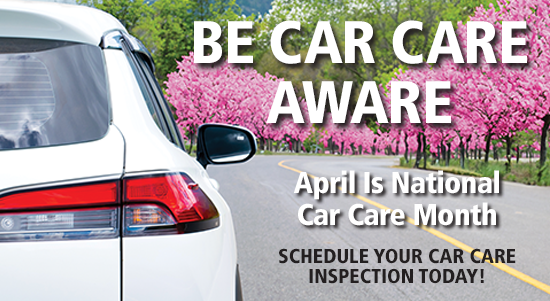| If you get headaches, allergic reactions or breathing problems riding in your car, it’s probably time to change the cabin air filter. Cabin air filters clean the incoming air and remove allergens, and should be replaced every 12,000 to 15,000 miles, or per the owner’s manual, according to the Car Care Council. More than 80 percent of new domestic and import vehicles sold in the U.S. today come equipped with cabin air filtration systems or a slot where one can be installed. “Many people don’t even know they have a cabin air filter in their vehicle and most others aren’t aware of the health benefits of maintaining their vehicle’s cabin air filter,” said Rich White, executive director, Car Care Council. “It’s a simple preventive maintenance step that goes a long way toward protecting passengers, as well as the vehicle’s heating, ventilating and air-conditioning (HVAC) system.” The cabin air filter helps trap pollen, bacteria, dust and exhaust gases that may find their way into a vehicle's air conditioning and heating and ventilation systems. The filter also prevents leaves, bugs and other debris from entering the HVAC system. A dirty or clogged cabin air filter can cause musty odors in the vehicle and cause containments to become so concentrated in the cabin that passengers actually breathe in more fumes and particles when riding in the car compared to walking down the street. A restricted cabin air filter can also impair airflow in the HVAC system, possibly causing interior heating and cooling problems. Over time, the heater and air conditioner may also become damaged by corrosion. Most filters are accessible through an access panel in the HVAC housing, which may be under the hood or in the interior of the car. An automotive service technician can help locate the cabin filter and replace it according to the vehicle’s owner manual. Some filters require basic hand tools to remove and install the replacement filter; others just require your hands. Filters should not be cleaned and reinstalled; instead, they should be replaced. The Car Care Council is the source of information for the “Be Car Care Aware” consumer education campaign promoting the benefits of regular vehicle care, maintenance and repair to consumers. For a copy of the council’s Car Care Guide or for more information, visit www.carcare.org . |
Tuffy
Menu




